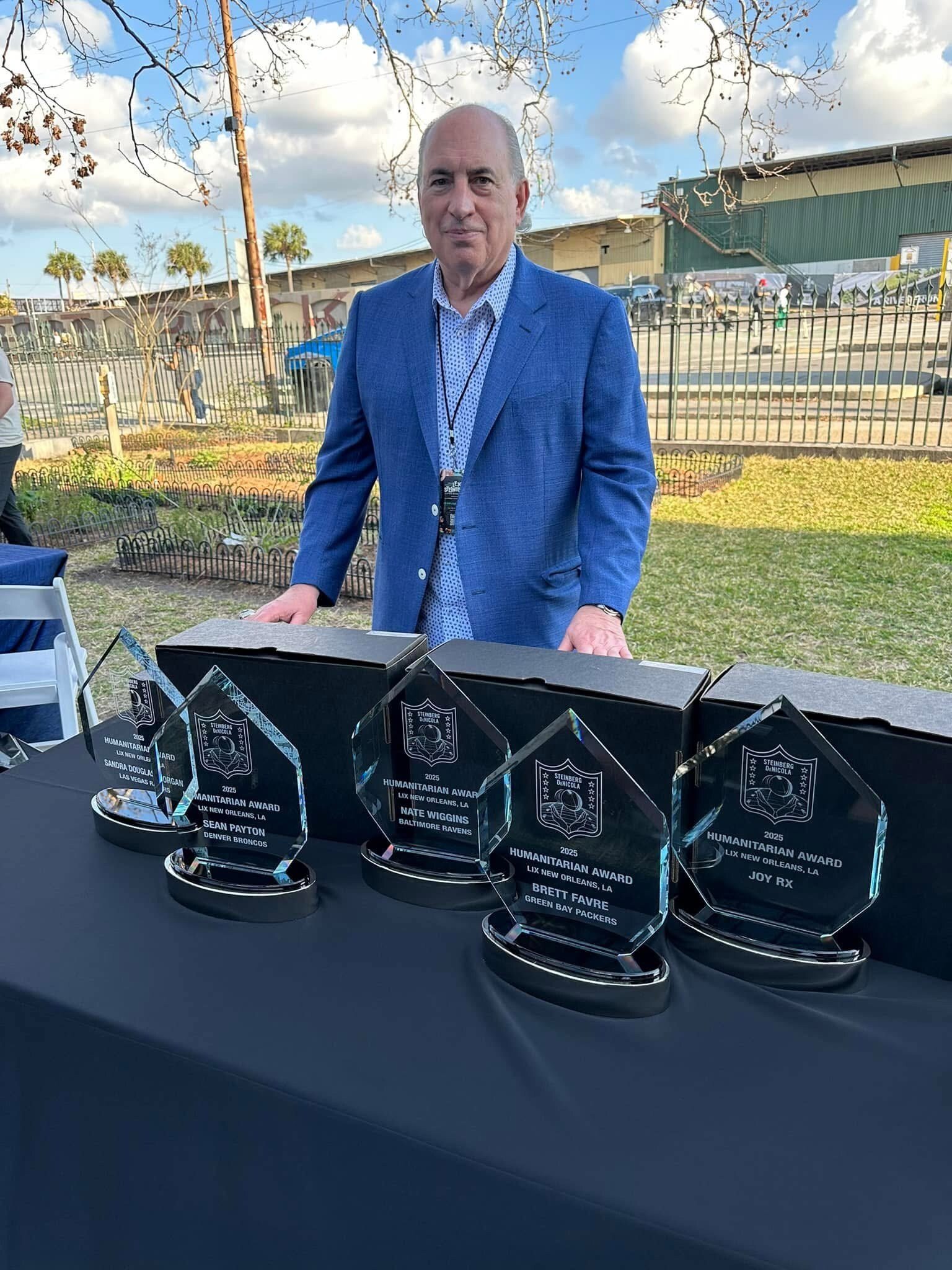PEAK ROCK CAPITAL AFFILIATE SELLS AMTECH SOFTWARE TO VISTA EQUITY PARTNERS
Amtech more than tripled its annual recurring revenue and more than doubled its team during Peak Rock's ownership
AUSTIN, Texas, June 16, 2025 /PRNewswire/ -- An affiliate of Peak Rock Capital ("Peak Rock"), a leading middle-market private equity firm, announced today it has signed a definitive agreement for the sale of Amtech Software ("Amtech" or the "Company") to Vista Equity Partners.
Amtech is a leading provider of industrial software to the global packaging industry. The Company provides an end-to-end suite of products including Enterprise Resource Planning (ERP), Manufacturing Execution System (MES), and Customer Relationship Management (CRM) solutions. The Company's comprehensive platform provides digital connectivity across these product suites with functionalities spanning the entire value chain from order to cash.
Since acquiring Amtech from its founder, Peak Rock has supported the Company's strategic growth and operational initiatives. This included converting the Company to a recurring subscription revenue model, launching new products, executing a strategic acquisition, and expanding in multiple geographies and end markets. The Company also invested heavily in additional corporate infrastructure, including new information technology systems and enhanced operational capabilities. During its partnership with Peak Rock, Amtech more than tripled its annual recurring revenue (ARR) and more than doubled its headcount.
Preston Thomas, Managing Director of Peak Rock, said, "We are extremely proud of the success Amtech has achieved under Peak Rock's ownership. Since partnering with Amtech's founder, Cosmo DeNicola, we have helped support the Company with strategic and operational resources to achieve transformational growth, convert to a highly recurring subscription revenue model, and significantly increase its product differentiation through investments in research and development."
Chuck Schneider, Chief Executive Officer of Amtech, added, "Peak Rock's partnership has been critical to Amtech's impressive growth through significant investments in the Company's team, technology and capabilities. We look forward to continuing to support our customers with our leading software solutions."
"Amtech combines deep industry expertise with strong customer relationships and a clear perspective on the future of packaging technology," said Jake Hodgman, Managing Director at Vista Equity Partners. "We share their commitment to modernizing operations for manufacturers and are thrilled to support them in this next chapter of growth."
Anthony DiSimone, Chief Executive Officer of Peak Rock, said, "This transaction is another great example of Peak Rock's software investing strategy and the breadth of our portfolio featuring market leading technology businesses. Peak Rock has expertise in providing resources and strategic partnership to support the rapid growth of family and founder-owned businesses. We look forward to partnering with additional software businesses that can benefit from our capabilities to achieve transformational outcomes."
Houlihan Lokey and Macquarie acted as financial advisors and Kirkland & Ellis LLP acted as the legal advisor to the Company on the transaction.
ABOUT AMTECH SOFTWARE
Founded in 1981, Amtech Software is a leading provider of industrial software to the global packaging industry. The Company's fully integrated product suite of modules and enterprise solutions provides a compelling value proposition to the full spectrum of manufacturers. Amtech is headquartered in Fort Washington, Pennsylvania. For more information visit www.amtechsoftware.com.
ABOUT PEAK ROCK CAPITAL
Peak Rock Capital is a leading middle-market private investment firm that makes equity and debt investments in companies in North America and Europe. Peak Rock's equity investment platform focuses on opportunities where it can support senior management to drive rapid growth and performance improvement, with expertise in corporate carve-outs and partnering with families and founders seeking first-time institutional capital. Peak Rock's credit platform invests across capital structures, with a broad mandate to provide flexible, tailored capital solutions to middle-market and growth-oriented businesses. Peak Rock's real estate platform makes equity and debt investments in small to mid-sized real estate assets in attractive, growing geographies. For further information about Peak Rock Capital, please visit www.peakrockcapital.com.
ABOUT VISTA EQUITY PARTNERS
Vista is a global technology investor that specializes in enterprise software. Vista's private market strategies seek to deliver differentiated returns through a proprietary and systematic approach to value creation developed and refined over the course of 25 years and 600+ transactions. Today, Vista manages a diversified portfolio of software companies that provide mission-critical solutions to millions of customers around the world. As of December 31, 2024, Vista had more than $100 billion in assets under management. Further information is available at vistaequitypartners.com. Follow Vista on LinkedIn, @Vista Equity Partners, and on X, @Vista_Equity.
Media Contact:
Daniel Yunger
Kekst CNC
daniel.yunger@kekstcnc.com
SOURCE Peak Rock Capital


.png)






